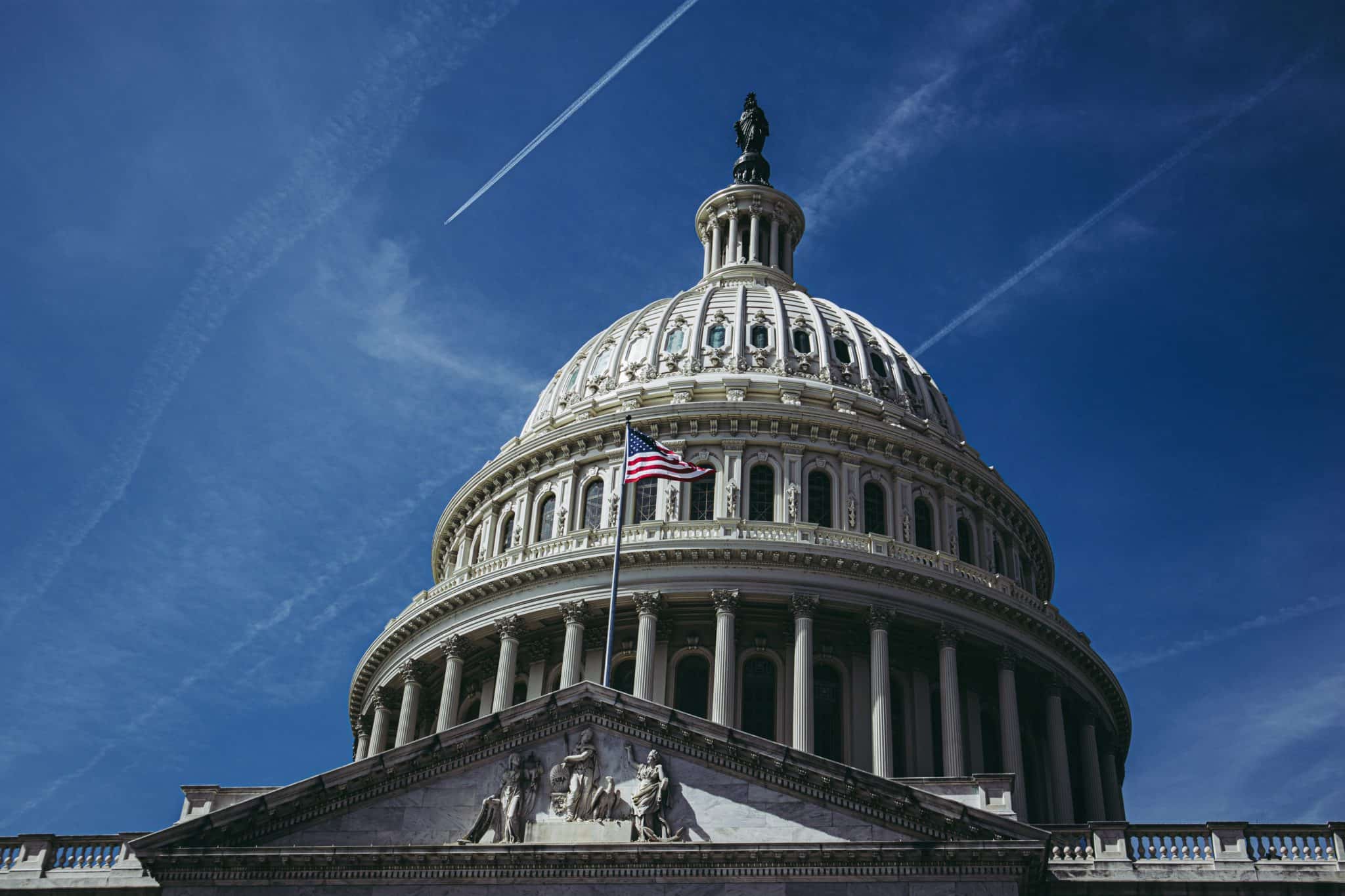Mackenzie Bouverat is a student at Harvard Law School.
After a brief stalemate regarding the Fed’s use of emergency powers was resolved in favor of requiring Congressional sign-off on Fed lending, Congress reached allegedly reached agreement Sunday on a $900 billion stimulus package, the first federal relief since April. The stimulus $900 billion stimulus, roughly half the size of $2.2 trillion stimulus law enacted in March, cuts benefit eligibility and halves its amount: Americans earning up to $75,000 will receive a $600 stimulus check per adult and child. Lapsed supplemental federal unemployment benefits are renewed at $300 a week for an additional 11 weeks — also half the amount offered in the March package. The Paycheck Protection Program, which lapsed over the summer, is also expected to be renewed: $284 billion in forgivable loans are expected to be extended. Eligibility for the program is also expanded: nonprofits, local newspapers and radio and TV broadcasters, performance venues, other cultural institutions are also eligible. Finally, the package allocates $25 billion in rental assistance, and is expected to extend an eviction moratorium set to expire at the end of the year.
The U.S. District Court for the District of Nebraska has provisionally certified a class of Nebraska nurses who allege they were underpaid for on-call work in Walkinshaw v. Saint Elizabeth Reg’l Med. Ctr. The defendants in the case are Saint Elizabeth Regional Medical Center and CommonSpirit Health, which took control of SERMC in a 2019 merger. The nurses claim that they were paid between $2 and $2.50 per hour for on-call work, despite a company policy requiring they they receive time and a half. The class claims, if true, would also show that the defendants violated the Fair Labor Standards Act, which requires overtime compensation for on-call or in-person working amounting to more than 40 hours.
The D.C. Council has unanimosusly granted final approval to a bill that will lower the barrier for residents with criminal records to find employment. The Removing Barriers to Occupational Licensing for Returning Citizens Amendment Act prevent licensing boards from denying employment opportunities based on criminal convictions unless it is currently pending or “directly related” to the occupation. Denials of license may be petitioned to a licensing board for any disqualifications prior to investing time and money in the application process. Further, the mayor’s office to publish an annual report of all applications submitted by residents with criminal records, and all licenses approved from those applications.






Daily News & Commentary
Start your day with our roundup of the latest labor developments. See all
January 29
Texas pauses H-1B hiring; NLRB General Counsel announces new procedures and priorities; Fourth Circuit rejects a teacher's challenge to pronoun policies.
January 28
Over 15,000 New York City nurses continue to strike with support from Mayor Mamdani; a judge grants a preliminary injunction that prevents DHS from ending family reunification parole programs for thousands of family members of U.S. citizens and green-card holders; and decisions in SDNY address whether employees may receive accommodations for telework due to potential exposure to COVID-19 when essential functions cannot be completed at home.
January 27
NYC's new delivery-app tipping law takes effect; 31,000 Kaiser Permanente nurses and healthcare workers go on strike; the NJ Appellate Division revives Atlantic City casino workers’ lawsuit challenging the state’s casino smoking exemption.
January 26
Unions mourn Alex Pretti, EEOC concentrates power, courts decide reach of EFAA.
January 25
Uber and Lyft face class actions against “women preference” matching, Virginia home healthcare workers push for a collective bargaining bill, and the NLRB launches a new intake protocol.
January 22
Hyundai’s labor union warns against the introduction of humanoid robots; Oregon and California trades unions take different paths to advocate for union jobs.